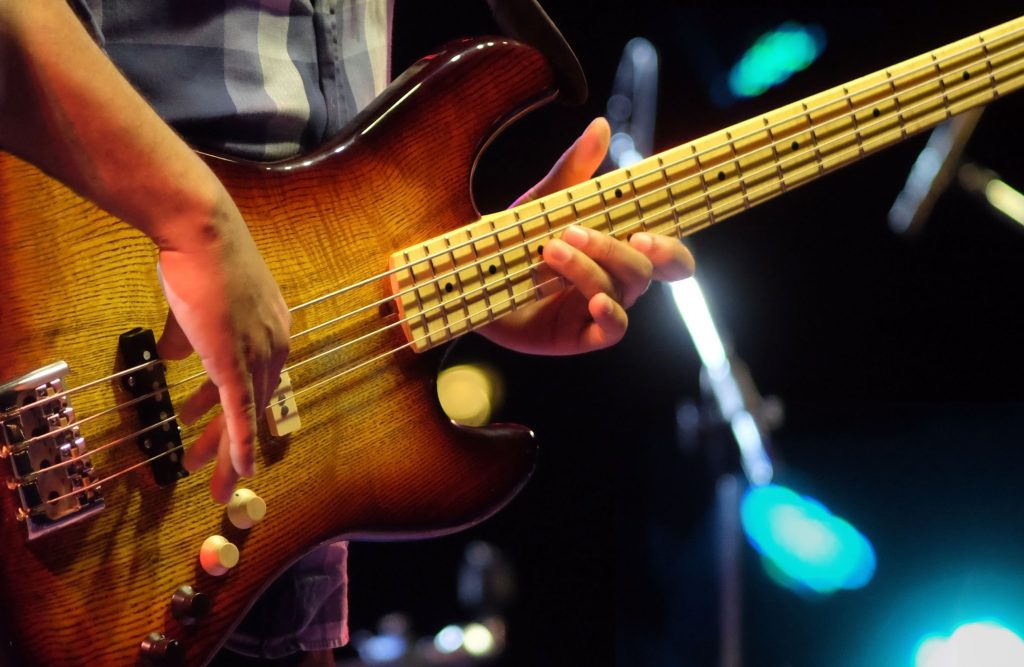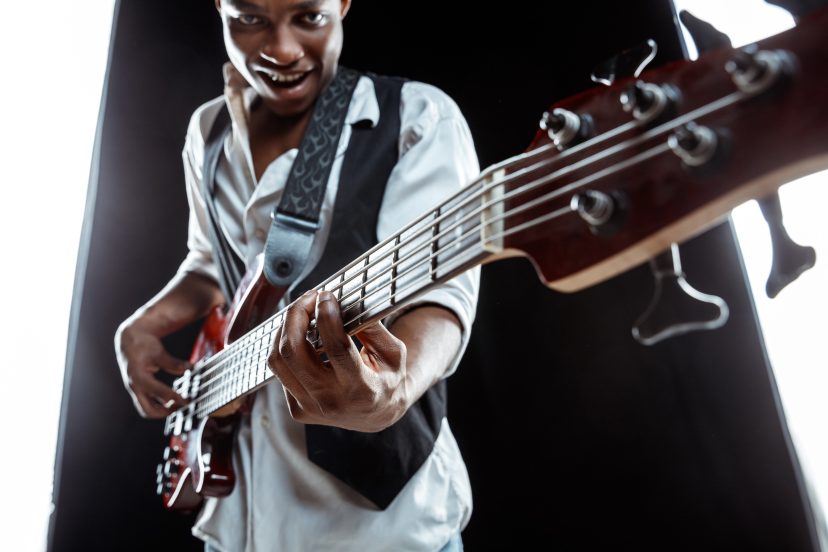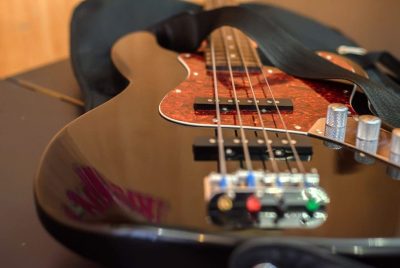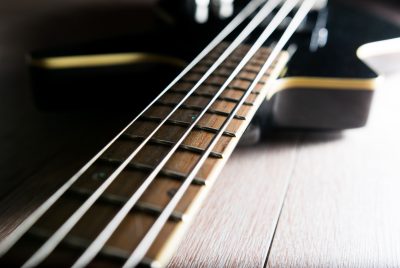The Best Way to Learn Bass: A Comprehensive Guide
Introduction to Bass Playing
Ever wondered what it takes to become proficient at bass playing? As an avid bass enthusiast, I’d like to share my insights on the best ways to learn this incredible instrument. I started out learning from my friend who was a guitar player. He was no teacher, but he got me started. I learned from a lot of books, practice and the fact I played trumpet in the school band also helped. Later in life, I got some killer training from a real teacher and it really filled in a lot of gaps in my knowledge.
Why Choose Bass?
Bass is the backbone of any band, providing rhythm and depth to music. Its unique sound and role make it an exciting instrument to learn. Besides, it’s just cool 🙂
Getting Started with the Bass
Starting your bass journey involves more than just picking up the instrument. It’s about making the right choices early on. If really are serious about the instrument, there are many ways to gain knowledge and refine your chops these days.
Choosing Your First Bass
Selecting your first bass is crucial. Look for something comfortable, affordable, and versatile. Remember, a good bass should feel like an extension of yourself. Don’t worry about esthetic’s, look for the best value for your money. Later as you become more proficient, you can search out that gorgeous instrument you always wanted.
Essential Gear for Beginners
Aside from the bass, you’ll need a few essentials: a reliable amplifier, a tuner, and some quality cables. Don’t forget a comfortable strap!
Fundamental Bass Techniques
Mastering the basics is your first step towards becoming a great bassist. Focus on getting your plucking hand and fretting hand techniques right. This foundation will set you up for more advanced skills later on. Bass playing is all about rhythm. Practice with a metronome to develop a strong sense of timing.

Learning Resources and Methods
There’s an abundance of learning resources available, but choosing the right one depends on your personal learning style. Online courses offer flexibility and a wide range of materials, while private lessons provide personalized guidance. Consider what works best for you. Being self-taught requires discipline but allows for a customized learning path. The key is to stay motivated and seek out resources actively.
Practicing Efficiently
Practice is essential, but it’s more about quality than quantity. Set up a realistic practice schedule. Consistency is key, even if it’s just a few minutes each day. Set achievable goals for your practice sessions. This will help you track your progress and stay motivated.
Playing Along with Songs
Boy have I done a ton of this. Playing along with songs is not only fun but also a great learning tool. Start with simple songs and gradually increase the complexity as you improve. Listening is a crucial skill for any bassist. Learn to listen to the other instruments and adapt your playing accordingly.
Advanced Techniques and Styles
As you progress, exploring different techniques and styles will enhance your skills. Each genre offers unique challenges and learning opportunities. Don’t be afraid to step out of your comfort zone. Slap and pop are advanced techniques that can really make your bass playing stand out. They require practice but are incredibly rewarding.

Joining a Band or Group
Playing with others is a fantastic way to improve. Playing in a band or group helps you learn to synchronize with other musicians and develop your own style. Look for a group that matches your skill level and musical interests. It’s as much about chemistry as it is about music. I once joined a band where they really pushed me to become better. It was a great experience and it made me a much better player.
Ongoing Learning and Improvement
The learning never stops. There are always new techniques to master and styles to explore. Workshops and masterclasses are great opportunities to learn from seasoned bassists and network with fellow musicians. Keep challenging yourself with new songs, techniques, and performances. It’s the best way to grow as a musician.
Conclusion
In conclusion, learning bass is a journey filled with challenges and rewards. Remember, the key is to enjoy the process and keep pushing your boundaries.
FAQs
What’s the best bass for beginners?
A comfortable, affordable bass that suits your style is ideal for beginners.
How long does it take to learn bass?
It varies, but with consistent practice, you’ll see significant improvement within a few months.
Can I learn bass online?
Absolutely! There are many online courses and resources available for learning bass.
Do I need to read music to play bass?
While it’s helpful, many successful bassists don’t read music. Focus on ear training and rhythm.
Is playing bass hard?
Like any instrument, it has its challenges, but with practice, it’s definitely achievable.




